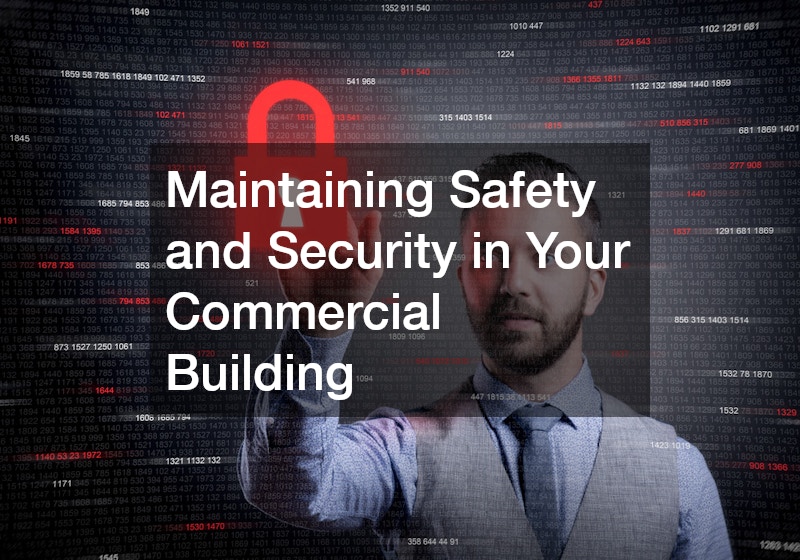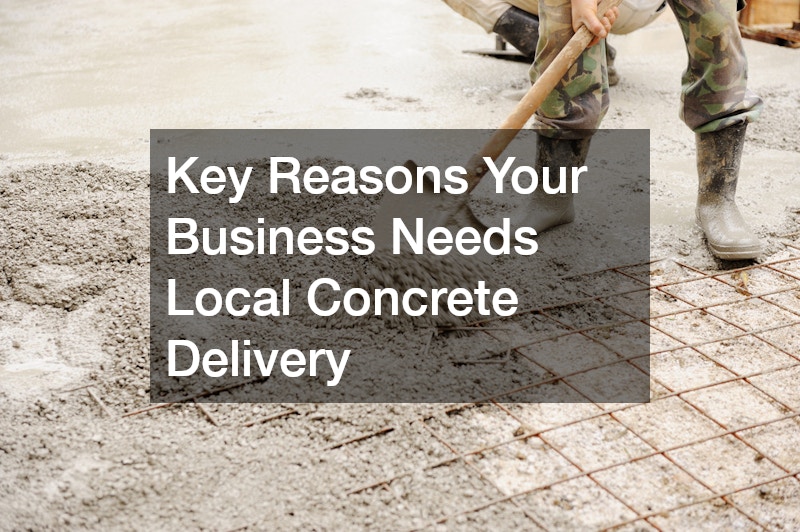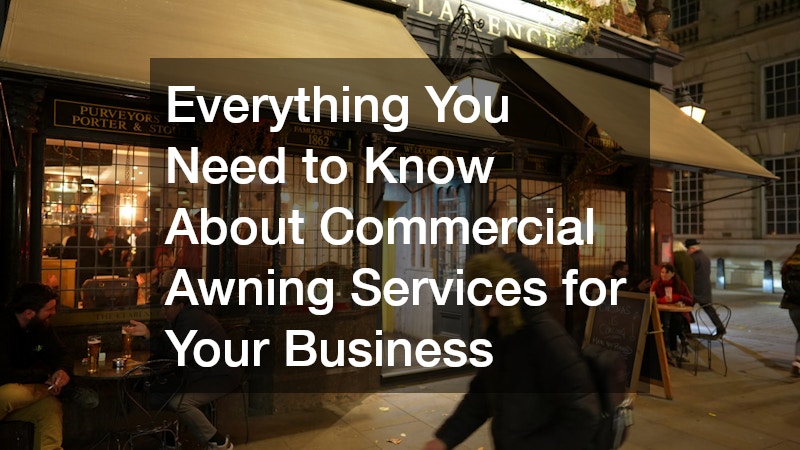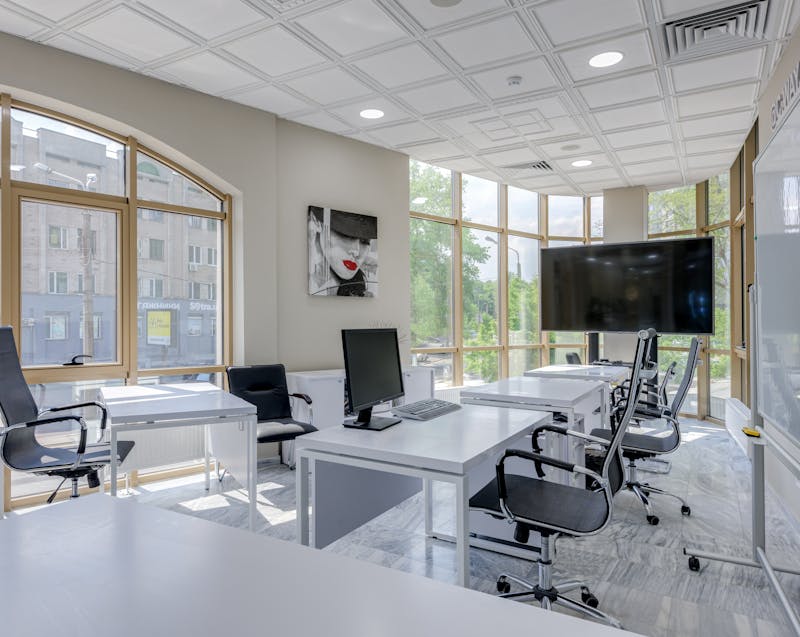Running a business demands a lot of critical decision-making processes. These include finding ways to lower operating and capital costs to help boost your profit.
If you’re in Australia, that may mean moving away from the capital, where most goods are expensive, to other cities and states like Victoria. Before you take the plunge, though, consider the following factors first:
1. Cost of Living
If you’re an entrepreneur, you should already have a separate account for your business transactions. Otherwise, you’re treading on dangerous waters. You’ll end up touching on corporate funds for your personal needs.
However, you’re also less likely to do that if you live in a place with a much lower cost of living. In general, being in Australia’s metros will be cheaper than staying in New York City or Paris.
But the average cost of living can also vary among states and cities. For example, in Sydney, a family of four may have to spend at least $5,000 a month, excluding rental costs. Meanwhile, Melbourne is over 8% cheaper than the country’s capital less rent.
Housing is a major issue in the country because of its price. Currently, the mean price of dwellings is $690,000. In New South Wales, though, properties can have a price tag of not less than $800,000. Sydney also saw the biggest growth in prices in 2020. During the first quarter, it ballooned to 12%.
In Victoria, you can find house and land packages in Melbourne’s western suburbs worth $600,000 or less. A difference of about $100,000 can already do wonders to your budget. You can even use a part of it to finance your business.
2. Taxation
Australia levies many taxes on businesses, although many are charged on the federal level or are a flat rate. It doesn’t matter anymore where you live. These include income taxes and corporate taxes, which have a rate of 30%.
Meanwhile, fringe benefits taxes account for 46.5% of the employer’s taxable income. The Medicare Levy is 1.5%, although it may be higher for high-income earners. Low-income employees may be exempt from paying it.
State taxes can vary in stamp duty, payroll tax, and property tax, among others. The payroll tax for both New South Wales and Victoria is 4.85%. But businesses that operate in the regional areas of Victoria may be levied with only 2.425%.

3. Commercial Rent
Many businesses start at home, allowing entrepreneurs to maximise their existing assets and managing their cash flow more effectively. But as the company grows, it may have to move into a commercial space.
How much does it cost if you’re in Australia? The price can vary according to many factors. These include location, quality of the building, and size of the space.
Based on the recent reports, Sydney still has the costliest commercial spaces for lease in the country. An A-grade building, which is the best property, could be worth $992 per square meter each year. Overall, the average spending on a lease could reach $1,025.
If you choose Victoria, the net face rent could fall to as low as $698 in Melbourne. If you move farther away from the CBD, commercial properties are even cheaper. In Southbank, for instance, it’s around $495. The state also offers a higher incentive than New South Wales except when you rent a space in City Fringe.
Before you decide to move, you need to weigh many things. How about your children’s schooling, the cost of labour, or the ease of getting suppliers and logistics?
The factors mentioned above, however, can already get you started. They can help you assess whether Victoria is a good place to build a home and run a business or move to another place.





